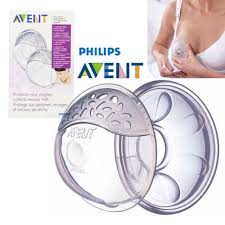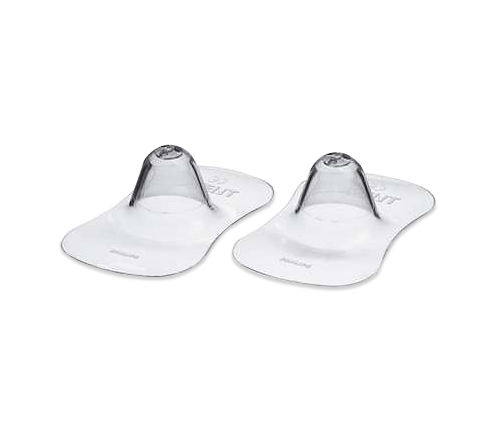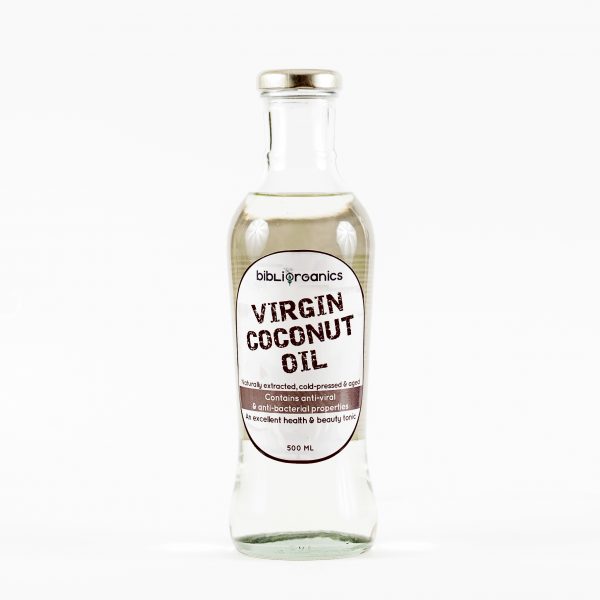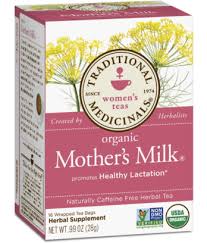Breast Friends: 5 Things That Make Breastfeeding Easier
I have always thought that as long as the child is properly latched, breastfeeding won’t be painful or uncomfortable. I also thought that since I exclusively breastfed my firstborn for many years, nursing the next child would be a breeze.
When I met up with Pinay Doulas Collective’s Pat Soliman on my fifth month of pregnancy, I asked her if breastfeeding still hurt the second time around. Pat has 2 boys who are close in age. She nursed her firstborn even while pregnant with her second child and only stopped on her seventh month of pregnancy. Yet, she said nursing her next child still hurt like the first time. “The jaws and sucking action of a newborn are different from that of a toddler,” she explains.
I found out right after my son’s birth that she was right. The pain, however, shouldn’t stop you from direct feeding as the benefits for mom and baby definitely outweigh the discomfort. Eventually the nipples toughen up after a few weeks and you and your child will reap the rewards of your sacrifice.
Effect on mom: Faster post-partum weight loss; lower incidence of post-partum depression; lower risk of breast cancer, hypertension, diabetes, etc.
Effect on baby: Lower incidence of ear infection; less need for orthodontic treatment later in life and lower incidence of impacted molars (which requires surgical removal later in life. I, a bottle-fed baby, unfortunately had four of them. Ouch!)
Furthermore, research has shown that while pumped milk does not lose its antibacterial properties, freezing breast milk reduces its anti-oxidant content. That means your baby will not get as much nutrients from stored milk as compared to when you let him or her feed directly. This alone would be a good reason to directly latch your baby if you have that luxury.
Here are five things that I find helpful in easing breastfeeding discomfort:
1. Philips AVENT Breast Shells. A friend recommended that I get this during my first pregnancy. For me it is a must for the first few weeks of nursing to give your sore nipples a break in between feeding. This product protects sore and cracked nipples from being bumped or touched by fabric. It may not be obvious to others, but any cloth, no matter how soft, can make a nursing mom with bruised nipples screech in pain. This shield also acts as a milk catcher, so no milk is put to waste. The product is made from BPA-free hard plastic and can be sterilized.

2. Philips AVENT Nipple Protector. I originally bought this because I thought I could use this as a nursing tool. Some moms say it helps their babies latch more easily. I tried to nurse with it a few times but my daughter could not express any milk with this barrier on my breasts. I decided to use it as shield in between feedings instead. I alternate this with the breast shield. Since it is made of soft silicone, It is useful when you are resting in bed and you want to lie down on your tummy. The breast shield can be uncomfortable when you are in a supine position.

3. Bibliorganics Virgin Coconut Oil. Instead of using nipple cream that is loaded with chemicals and preservatives, I use this to heal cracked nipples. Virgin coconut oil is abundant in lauric acid, which is the substance that gives mother’s milk its anti-viral and anti-bacterial properties. Aside from soothing the pain, it moisturizes the skin around that area and super safe to be ingested by baby.
Unlike other VCO brands in the market, Bibliorganics VCO come in glass bottles so you are sure you and your baby will not get any plastic residues. You can purchase Bibliorganic VCO at this link: http://bibliorganics.com/product/bibliorganics-virgin-coconut-oil-500ml/ or at Lazada : http://www.lazada.com.ph/bibliorganics-virgin-coconut-oil-700ml-3774795.html?ff=1

4. Traditional Medicinal’s Organic Mother’s Milk Tea. All nursing moms worry if they are producing enough milk for their baby. We know it is important to take plenty of liquids, including nourishing soups loaded with malunggay. Unfortunately, malunggay is scarce where I live. I am glad I have my supply of this herbal tea. It contains anise, coriander, fennel seeds and fenugreek, all known to be galactagogues. It tastes great with a hint of spearmint in it. I feel the difference when I miss a day of taking it. It is available in Healthy Options.

5. Home-made Dark Chocolate. All chocolate-loving moms rejoice! The Chinese have a tradition of giving dark chocolate to aid in post-partum healing.
Dark chocolate is loaded with anti-oxidants to help your body get its groove back after pregnancy. Chocolate also increases in the release of endorphins in the brain, helping you cope with pain and stress. It sure lessens the pain of sore or cracked nipples for me.
This is the time to indulge. However, be mindful of all the bad stuff in commercially available chocolate bars. Stir clear of ingredients like high fructose corn syrup and sugar, which we know can ruin your health and your figure.
My husband and I looked for a chocolate recipe that does not contain sugar and we found this online. How would you like dark chocolate with virgin coconut oil? This is a no-bake, no-brainer recipe that you can whip up in less than 10 minutes. We tweaked the recipe to our liking and used raw honey with probiotics from Bibliorganics to increase its nutritive content.
Ingredients: 5 tablespoons of unsweetened cocoa powder (I use Goya)
15 tablespoons of Bibliorganics Virgin Coconut Oil
4 tablespoons of raw honey
A pinch of salt
A handful of nuts
Mix all the ingredients together in a rectangular glass container.  Put in the ref for 10 minutes to let the chocolate harden a little before cutting into serving size. You must serve and eat this immediately after getting from the ref. Because this recipe does not have any emulsifier, the chocolate will melt if left outside the ref too long.
Put in the ref for 10 minutes to let the chocolate harden a little before cutting into serving size. You must serve and eat this immediately after getting from the ref. Because this recipe does not have any emulsifier, the chocolate will melt if left outside the ref too long.
Enjoy! If you are sensitive to caffeine, do control your intake. Also notice if your child becomes fuzzy or irritable when you have your choco binge. Some babies are sensitive to chocolate and the sugar in chocolate.
If you are having some challenges with breastfeeding, you might want to speak to a lactation consultant or a post-partum doula. Contact Pinay Doulas Collective here.




 Jenn C.
God-lover.
Milk & TV Producer.
Writer.
Entrepreneur. Natural Health Advocate.
Jenn C.
God-lover.
Milk & TV Producer.
Writer.
Entrepreneur. Natural Health Advocate.





